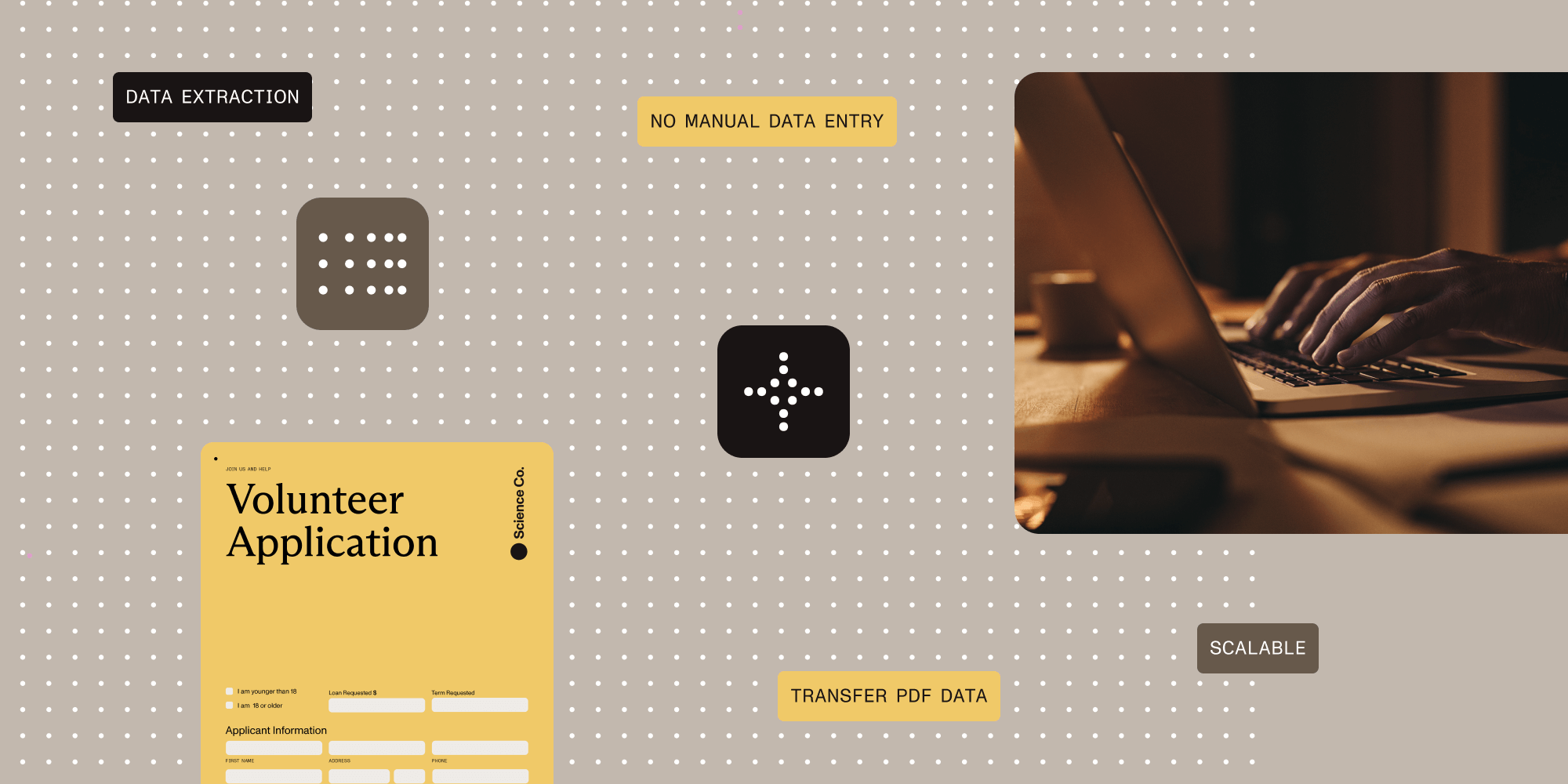
Budget approvals are essential workflows for companies of all sizes. Yet, they can be mired in outdated approaches that slow down the process, add confusion, and frustrate employees across the organization.
Automating your budget approval workflow and using cloud-based software can accelerate the budget request process and approvals. The benefits of using automation are considerable, including more efficiency, transparency, and accuracy at every stage.
Importance of Effective Budget Approval Process
What is a budget approval workflow? It’s a series of steps companies take to manage developing and approving a budget request. It begins with policies and procedures that govern the budgeting process.
Department or division leaders then develop budget recommendations that will allow them to operate their areas of the company. These budgets are reviewed, approved, or rejected and entered into finance systems.
The budget process helps department heads and finance departments determine where and how to spend their money. It also creates a system of checks and balances that allows managers to develop budget plans and get them approved.
Challenges in Traditional Budget Approval Methods
The risks of not modernizing your budget approval processes are considerable. You introduce more risk into the workflow by continuing to use outdated systems.
A lack of automation to handle budgets means employees will continue to be frustrated with the budget process and will slow down operations, leading to inefficiency that can have significant ripple effects.
Understanding Traditional Budget Approval Processes
Traditional budget approvals are paper-based or use rudimentary Word or Excel templates. They need the integration and automation tools to accelerate approvals and drive efficiency. Forms are completed and passed along via email or interoffice mail to approvers.
Manual Approvals and Their Limitations
There are multiple problems with a manual approach to approvals, including:
-
Lack of Visibility. It’s nearly impossible to track the status of approvals in real-time with a manual system, leading to emails and phone calls trying to track down documents and nudge forms along
-
Policy Compliance. Paper systems make it difficult to determine if approvals are following approved company policies.
-
Data Entry Errors. Paper forms often contain data that needs to be transferred to business systems. This process can create errors that affect the accuracy of budget and finance documents.
-
Resource Intensity. The time and effort required to use paper systems leads to problems with morale and productivity. An automated system speeds up processes and gives employees more time for critical tasks.
Common Bottlenecks and Delays
Bottlenecks are one of the most common issues with manual approvals. Forms end up in virtual or real inboxes, lying dormant with no action taken. Creating alerts and notifications to track progress and remind approvers is cumbersome.
The ripple effect of a budget request sitting without action is significant. Comprehensive budget decisions may need to wait until delays are resolved.
These delays can majorly impact funding, strategic planning, and company growth.
The Role of Workflow Automation Software
Workflow automation can eliminate the problems associated with traditional budget approval processes. By mapping workflows task by task and creating digital tools to complete the same processes, businesses see immediate gains in productivity.
Workflow automation helps with accountability, transparency, management, and efficiency while integrating the approval process across business systems.
Definition and Features of Workflow Automation
Workflow automation uses software to complete tasks previously done by humans. It uses forms, digital routing, alerts, and workflow maps.
When completed, an automated process gives users intuitive, easy-to-use tools that simplify the work and deliver results.
Benefits of Workflow Automation in Budget Approval
Reducing complexity and improving performance are at the heart of a workflow management system. By automating your budget approval process, you gain the following benefits.
Improved Efficiency and Speed
Approvals work much faster with automated systems, including routing, tracking, alerts, and notifications. Keep processes and projects on track with efficient automation solutions.
Enhanced Accountability and Transparency
Automation provides transparency on multiple levels, helping employees see where approvals are, where there are backlogs, and what steps have been taken. Built-in accountability helps keep employees on their toes and focused on completing work promptly.
Reduction in Errors and Oversight
Automation tools transfer data automatically, integrating budget requests into all relevant business systems, leading to more accuracy.
Accessibility and Collaboration
With cloud-based solutions, teammates collaborate on developing budget tools, accessing necessary information, seeing progress, sharing insights, and working more effectively.
Implementing Workflow Automation in Budget Approval
Using workflow automation is an exciting way to advance operations in your organization. A deliberate, organized approach results in solutions that quickly improve your work processes.
Identifying Key Stakeholders
The first step is determining the key stakeholders critical to the project’s success. Consider the stakeholders in central departments that manage budgets, finance and operations leaders, and senior-level staff who need to be aware of what’s happening, can advocate for the project, and can make informed decisions as they set their budgets.
Mapping Out the Budget Approval Workflow
One of the most important steps is to map the workflow. Understanding and documenting the steps, tasks, contingencies, and conditional factors that comprise your budget approvals is critical. Here are some of the key steps in most approval workflows.
Request Submission
The initial submission provides information about each budget request’s amounts, purposes, and needs. This material and narrative information helps others determine whether to approve or reject the request.
Review and Analysis
The request is sent to managers, finance staff, and others to decide on the next steps. An independent analysis is often done, such as comparing the request to previous years and ensuring the request complies with budget policies.
Approval Hierarchies
Approval hierarchies determine who needs to sign off on which requests. In some companies, for example, more significant amounts need additional signoffs. Mapping the approvals and the triggers for different or additional approvals is critical.
Notification and Communication
Notifications are a vital part of workflow automation. Notifications alert employees of progress, needed reviews, and decisions. Creating these notification triggers and messaging helps to clarify where a budget request stands and what’s needed.
Documentation and Record-Keeping
It’s essential to document the new automated processes and develop reports to help finance officials and other managers evaluate and improve.
Customizing Workflow Automation Software
When choosing a workflow automation solution, you want to select a provider that allows for customization, allowing your company to adjust and configure software to fit its unique needs.
Configuring Approval Paths
Approval paths are one of the most common and important customizations. Approval paths determine the routing sequence of requests, contingencies, and exceptions.
Setting Up Notifications and Reminders
Automated notifications and reminders help processes continue to flow, alerting those who need to act and reminding them if no action has happened.
Case Study: Baylor University Streamlines Budget Approval with Automation
Baylor University used project management software for finance requests that was difficult for end users to use, expensive, and difficult to scale or adjust after automated processes. The IT team was looking for a new solution that would:
-
Centralize and streamline the approval process for budget requests to support the finance team.
-
Track and summarize requests that required routing to multiple departments for approval.
Nutrient Workflow was selected to implement a new system. The solution, BearQuest, is used university-wide by more than 3,000 users. Nutrient Workflow designed a system that was scalable and adaptable across finance and HR functions, with flexibility being critical.
For example, Nutrient Workflow was able to quickly develop routing to multiple departments for high-ticket budget requests while requests with a small budget impact are accelerated, with less data entry and fewer approvals.
Within months, the new system was receiving high praise from users. Approval times dropped, unexpected budget shortfalls and surpluses were reduced, with officials having more information to make budget decisions.
Overcoming Challenges and Ensuring Success
Planning for workflow automation is an integral part of a project’s success.
Employee Training and Adoption
Employees must be trained on new systems and given the time to adopt the new technologies. This training allows for the gradual introduction of new tools and faster employee buy-in.
Communication Plans
Communication is critical at every stage of the project. At the onset, employees need to understand why changes are coming and what they are designed to do to improve operations.
Intermediate progress updates keep the project in mind and help employees understand the progress and challenges. Celebrating successes, including the launch of the new solution, should be communicated widely.
Addressing Security and Compliance Concerns
Security and compliance are increasingly crucial for companies across sectors. Keeping financial information protected is a critical component of regulatory mandates, and employee and customer information must be protected both in transit and at rest.
Continuous Improvement and Adaptation
With a flexible, customizable solution like Nutrient Workflow, you can evaluate and adjust as needed. Gaining feedback from users and data helps to improve workflows in the future.
Conclusion
Budget approvals are an essential element of any company’s financial operation. Yet outdated processes can cause delays, frustration, and inefficiency.
Automating budget approval workflows improves operations, deepens employee satisfaction, and leads to more accurate and smarter finance decisions.
Mapping processes and converting to cloud-based solutions like Nutrient Workflow significantly improve companies’ productivity and profitability.
Interested in Automating Your Workflow?
Check out our Automation Resources or schedule a demonstration.
-
Request a Live Demonstration
-
Workflow Ideas Weekly Email Newsletter
-
Product Videos
-
Workflow Tools and eBooks





